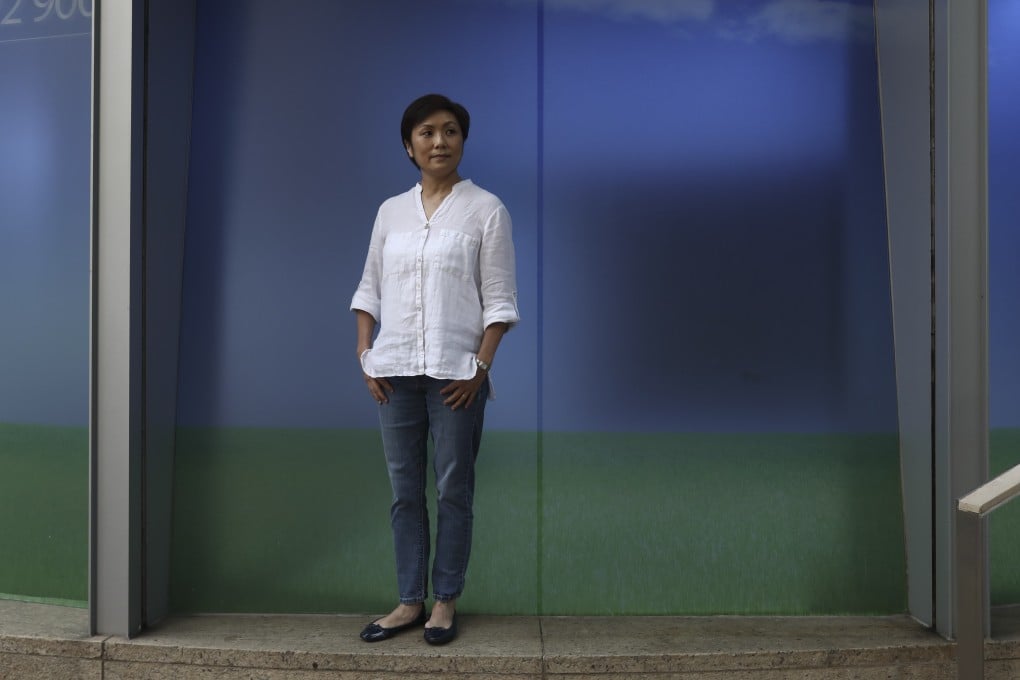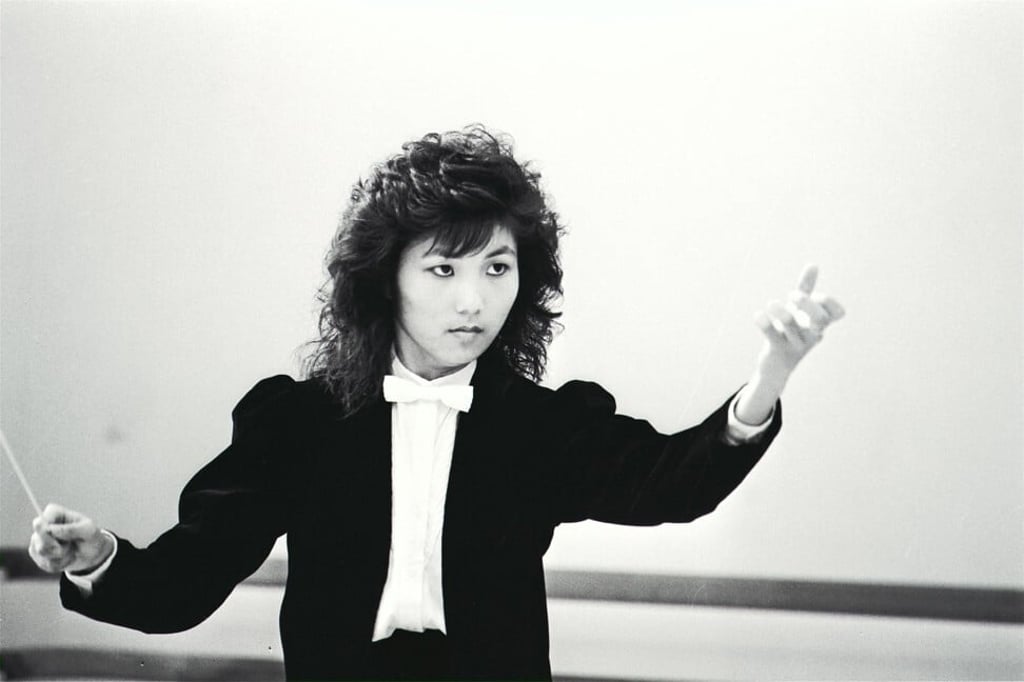Conductor Yip Wing-sie on battling breast cancer and passing the baton at the Hong Kong Sinfonietta
After 18 years as the orchestra’s music director, Yip was due to pass on her baton this year, but like her farewell tour of Germany, the pandemic has postponed her departure.

Looking back, the press release issued by the Hong Kong Sinfonietta in November 2018 has an almost vintage innocence. Under the headline “It’s time to pass the baton” was an announcement that the 2019/2020 season would be a swansong for its music director, Yip Wing-sie.
In April 2020, she would take the orchestra she would have led for 18 years on a tour of Germany, returning as Conductor Emeritus, and if a music director had not yet been appointed, German principal guest conductor Christoph Poppen would “oversee the artistic well-being of the orchestra”.
“We wanted to make it known to the world that we were looking for a successor,” says Yip, wryly, in a Wan Chai building where the Hong Kong Sinfonietta has an administrative office on the third floor. “And that takes a long time.”
The orchestra doesn’t have a permanent home. It rehearses in a room at the Cultural Centre but not on the stage, which is the Hong Kong Philharmonic’s domain. It performs in City Hall and stores its bulkier instruments – harp, double bass, drums – in a Hung Hom factory.

On the seventh floor of the Wan Chai building there is an overflow room with musical scores filed in plastic boxes. This is where we are sitting, in a space surrounded by stacked-up chairs as if an entire cluster of people has been folded away, zapped or zoomed into another realm.
Yip has chosen an upright seat; years of conducting have strained her back. On October 5, she turned 60 and has had a baton in her hand since she was a Form Five student at Munsang College, in Kowloon City, when her pregnant teacher, reluctant to appear in public, asked her to conduct at a music festival.